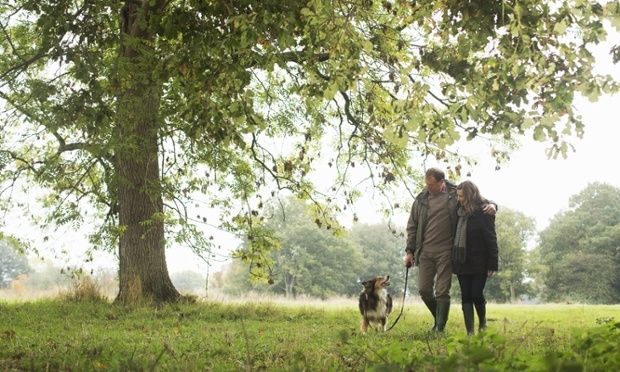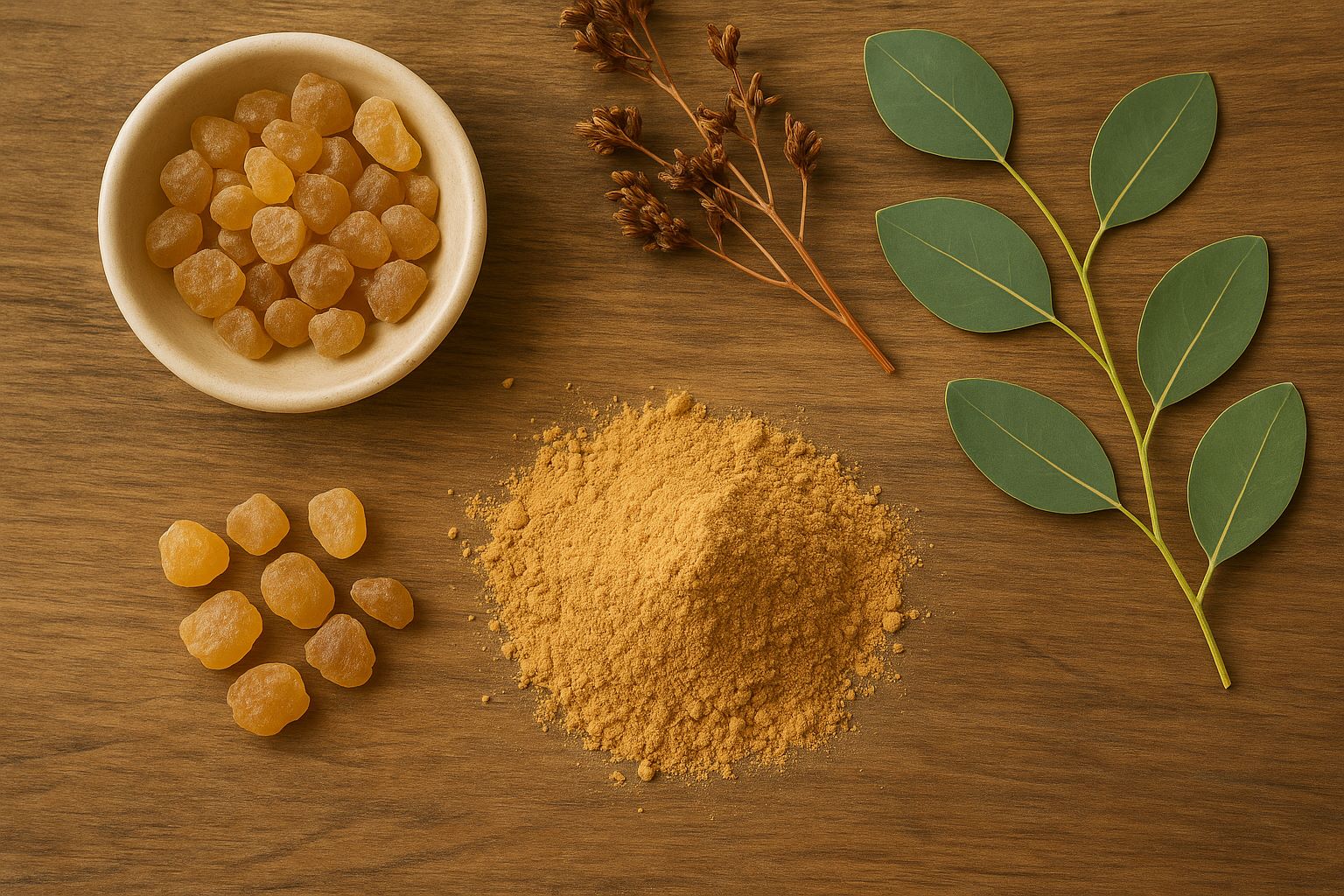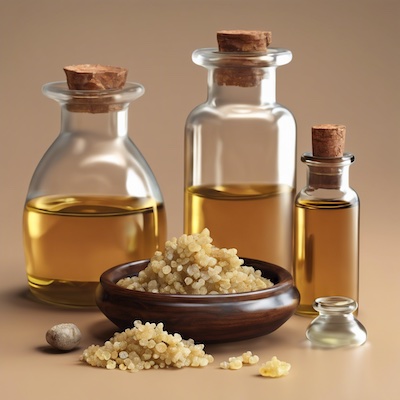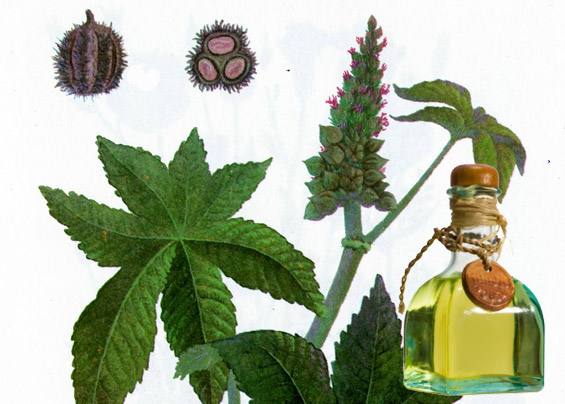Our pets, like humans, slow down with age, and this is often accompanied by health problems similar to our own. Fortunately, possibly due to improved diets and preventative medicine, UK pets are now living much longer, which means we need to know how best to look after them in their golden years. Here are a few tips to help:
Diet
Older animals require different amounts of energy and protein to younger pets. It is always recommended that your pet is fed the appropriate life-stage diet, adding any dietary supplements your vet thinks advisable, such as glucosamine for arthritis. With less energy being used up, obesity can be a problem, so make sure you feed responsibly, especially when it comes to offering treats.
Disease prevention
Prevention is much better than cure, so make sure you visit your vet clinic at least every six months. Most practices will hold free nursing clinics for you to bring along urine samples in sterile pots, arrange blood tests, be weighed, and answer any questions you may have regarding your pet’s health – on any lumps or bumps you’ve discovered, for example, especially if they’re getting bigger.
Medications
Our pets will often suffer in silence, gradually getting more ill or experiencing chronic pain, without giving us any obvious clues. Good examples of this are cats with liver disease and dogs with arthritis. Both require trips to the vet for urgent treatment plans. Never treat your pet with human medications, however tempting, as these are often toxic and can be fatal.
Be vigilant
You can never be too aware with older pets, alerting your vet of anything unusual. Even the most subtle signs can indicate serious illness requiring urgent – often long-term – medication. Common symptoms include changes to appetite, drinking, weight, smelly breath, getting tired when out walking, coughing, trouble passing urine or faeces, passing water indoors, becoming disorientated, having trouble balancing, and strange discharges.
Exercise
Exercising your pet, whatever the age, is extremely important to promote both cardiovascular and mental health. Older pets will usually just walk at their own pace, but be aware of their limits – especially in hot weather, as this often puts extra strain on them. If your pet exhibits joint stiffness or difficulty climbing up on things, consult your vet for advice on treatment, medicating and appropriate exercise.
Grooming
It’s always a good idea to groom your pet regularly, but older pets require more attention, as they tend to groom themselves less, resulting in hair becoming matted, especially in cats and rabbits. Grooming and teeth brushing are great ways of spotting problems early, with older dogs prone to skin tumours that require investigation and, sometimes, surgical removal.
Company
Older pets, just like elderly humans, enjoy interaction – it keeps their brains active. So why not adopt an additional dog from rescue? They often bond very quickly, and even seem to prolong the life of your original older pet.
Source: theguardian.com







